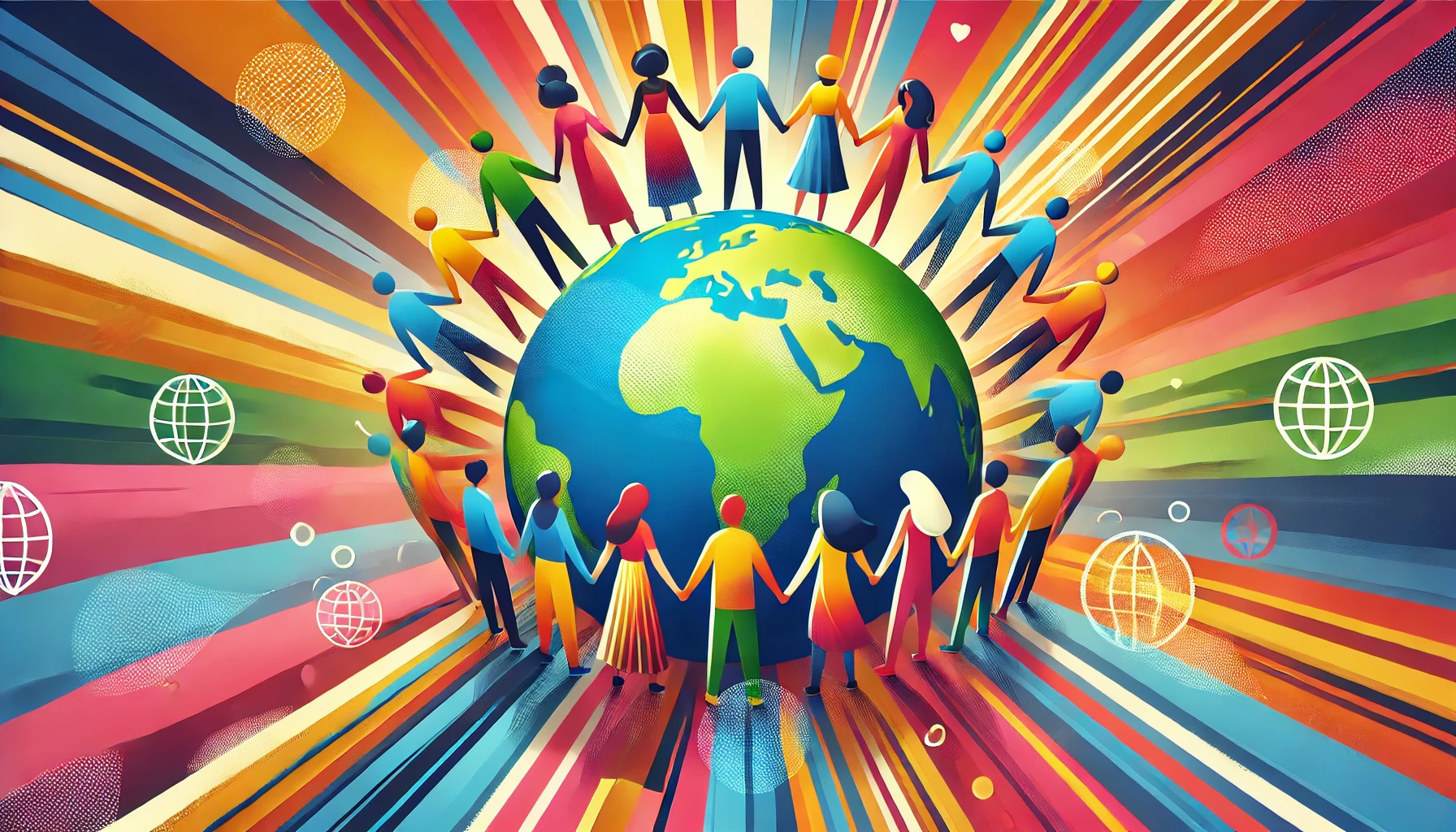Millions of people around the world still face discrimination simply because of their skin color, ethnic background, or cultural heritage. This injustice prevents them from having equal opportunities in education, employment, healthcare, and even daily life.
March 21 is an important day dedicated to raising awareness of this injustice and fighting against racism. However, this date is unfortunately rooted in a tragic event.
The Concept of Race: Artificial Divisions Among Humans
The concept of race has been interpreted in various ways throughout history. Over thousands of years, humans have developed physical traits as they adapted to different geographical conditions. However, these natural differences have often been used as a pretext for discrimination.
During the 18th and 19th centuries, European scientists categorized people based on their physical characteristics, creating the concept of “race.” These classifications were later reinforced with notions of superiority and inferiority, forming the foundation of colonialism, slavery, and discriminatory policies.
Modern genetics, however, has proven that race is not a biological reality but a social construct. There are no clear biological boundaries between humans. Our differences exist not to divide us, but to enrich our cultural diversity.
The Sharpeville Massacre and March 21
On March 21, 1960, a peaceful protest took place in the town of Sharpeville, South Africa, against the apartheid regime. Black South Africans gathered to protest the mandatory “pass documents” imposed on them. However, the police responded to the unarmed and peaceful crowd with live ammunition. Sixty-nine people were killed, and more than 180 were injured.
The Sharpeville Massacre demonstrated to the world the devastating consequences of racial discrimination. Following this tragic event, the United Nations declared March 21 as the International Day for the Elimination of Racial Discrimination, calling for human rights, equality, and justice.
Racism Still Persists Today
Has racism been eradicated? Unfortunately, no. Even today, millions of people around the world face discrimination solely based on their ethnicity. Here are some striking examples:
• United States: African Americans experience police violence more frequently and receive harsher sentences in the judicial system compared to white citizens.
• Europe: A 2023 study found that 64% of Black people in Germany and 54% in Finland reported experiencing discrimination.
• India: Approximately 160 million Dalits are considered outside the caste system and face social exclusion.
• Myanmar: Rohingya Muslims are subjected to ethnic cleansing and acts of violence.
• China: Uyghur Turks are sent to forced labor camps, and their cultural identity is being erased.
• Australia: Aboriginal people face significant inequalities in access to education and healthcare.
These facts show that racism is not just a historical problem but a contemporary issue that continues to harm many people.
We All Live Under the Same Sky
Despite all this discrimination and injustice, there is still hope. Humanity thrives when people begin to understand one another. As Albert Einstein once said:
“I see myself as a human being, and nothing more. Racism is a disease of childhood. It is the measles of mankind.”
These words remind us of an important truth: racism imposes artificial boundaries in people’s minds, but it is within our power to overcome them. Through empathy, tolerance, and love, we can make the world a better place.
March 21 is not only a day to remember past tragedies but also a reminder of our responsibility to build a more just world today and in the future. We all live under the same sky, and this world is our shared home.
Our Responsibilities in the Fight Against Racism
How can we fight against racism? Here are some actions we can take:
• Do Not Stay Silent: Speak up when you witness racism. Silence allows discrimination to persist.
• Question Your Own Biases: We all grow up with societal biases. Reflecting on our own thoughts helps us develop a fairer perspective.
• Learn About Different Cultures: Understanding cultures from around the world fosters empathy and helps break down prejudices.
• Support Education: Education is one of the most powerful tools in combating racism. Raising awareness about human rights, equality, and diversity makes a significant difference.
• Advocate for Anti-Racist Policies: Support laws and political initiatives aimed at preventing racism.
A world without racial discrimination is not just a dream. But achieving this goal requires all of us to take responsibility. March 21 is an opportunity to remember our duty in this fight and to take action for a better future.
Let’s not forget: fighting against racism is not just the responsibility of certain groups—it is a shared duty for all of us. A fairer world is only possible if we stand together.


